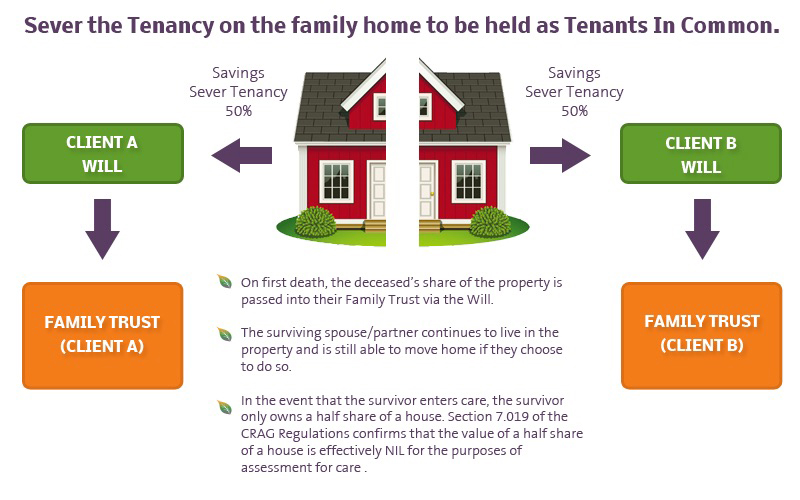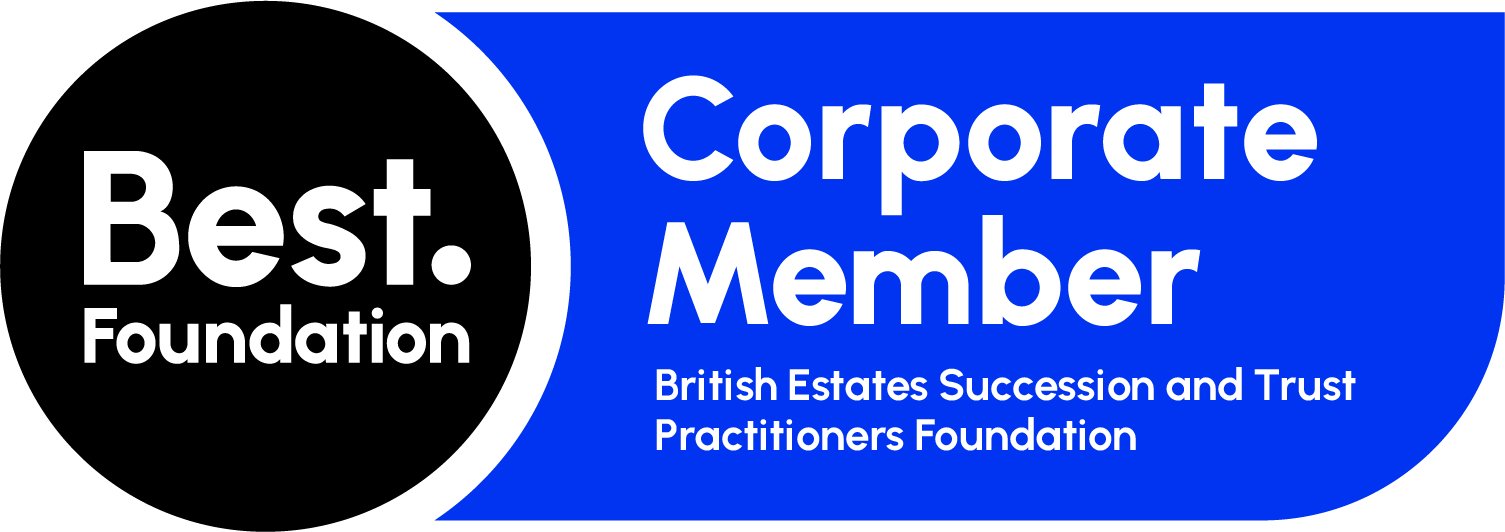Joint Tenants v Tenants in Common
When I see client that own property, one of the first questions I ask is whether they own the property joint tenants or tenants in common. This is normally followed with a blank expression on their faces and the question of what the difference is.
Joint Tenants – is where you each own 100% of the property meaning if one of you was to pass away the remaining owner would own the whole property and it would sit in that estate for inheritance tax and would be fully attackable for care fee, marriage after death and creditor claims.
Tenants in Common – is where you both own a defined share of the property normally as a married couple 50-50 but it can be any split provided it adds up to 100%. If one was to pass away their share of the property is distributed through their individual planning either through their Will or through a Trust.
To see if you own your property tenants in common you need to look on your title document to see if it has this wording in red, if it doesn’t you probably own the property jointly.
Title absolute
1 (08.04.1974) Proprietor: ANTHONY SAMPLE and JOAN SAMPLE of 1 Sample Lane, Sample Town, Sampleshire SA1 1LE. 2

No disposition by a sole proprietor of the registered estate (except a trust corporation) under which capital money arises is to be registered unless authorised by an order of the court.
Owning your property jointly will not protecting the value of your property or ensure it passes on to whom you wish. It can also be lost to creditor claims, divorce, care fees etc. Any asset owned 100% is attackable, but it also sits fully in your estate for IHT purposes.
Tenants in common is the way to protect your property value to ensure it passes to whom you wish on your passing. It also protects the asset from creditor claims, marriage after death, divorce, and care fees, because you only own half the asset not the whole thing.
Care fees is a hot topic in the news these days where people are having to sell their properties to pay for their care. This happens because the properties where held jointly, when one of them passes away it leaves the other owning the whole house, meaning it's attackable. If it was set up as tenants in common originally the remaining owner would be left only owning half a house meaning it can’t be sold to pay for care fees.
Unfortunately, solicitors that do the conveyancing when you purchase a property set the ownership as joint tenants because with Tenants in common they would also need to write a will to deal with each half if one or both was to pass away. As this would add to the timeframe at an already stressful time it is set up as Joint tenancy and left to the client to sort later.
If you would like more information on Joint Tenants v Tenants in Common, please contact our property advisors.





